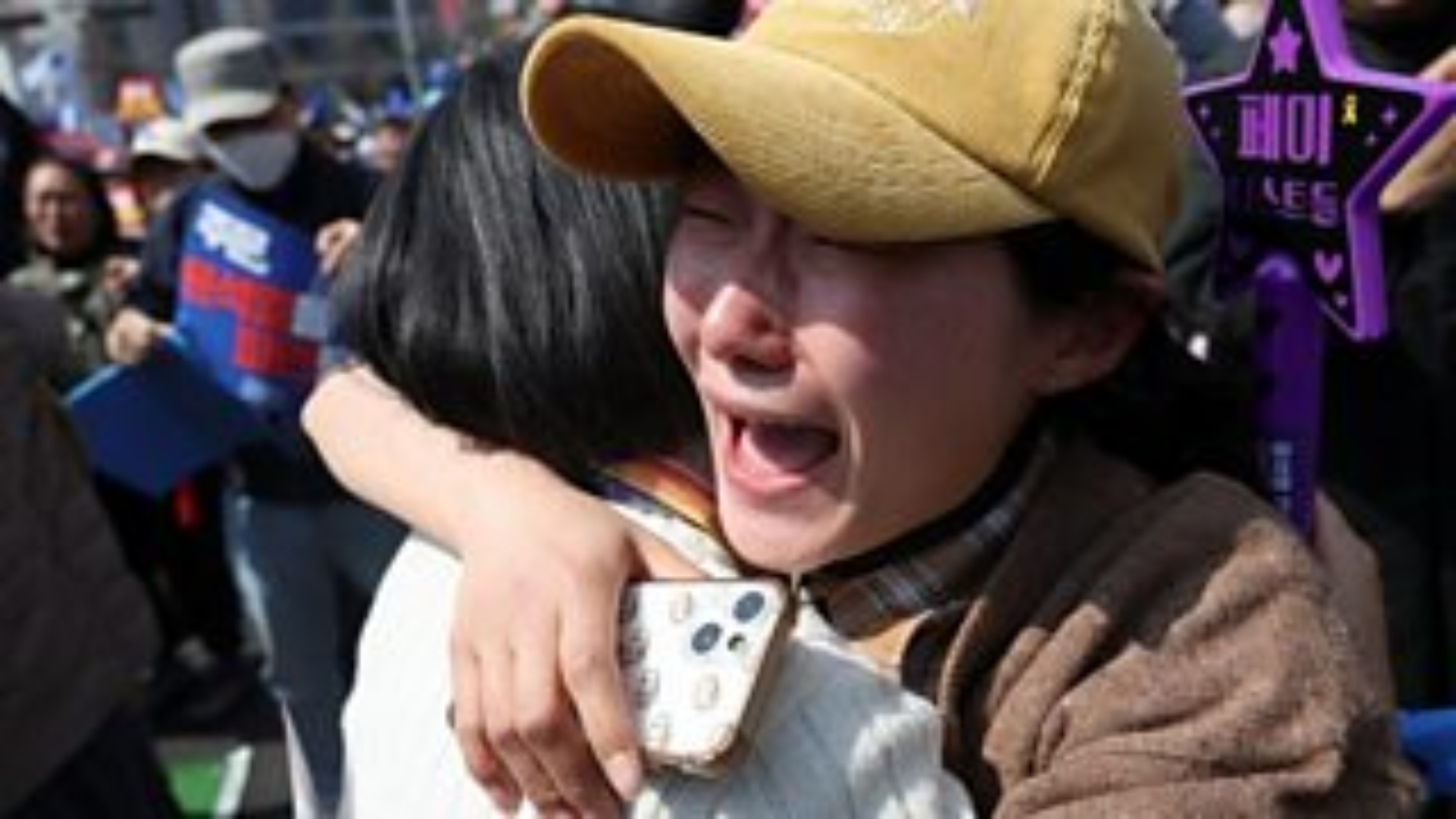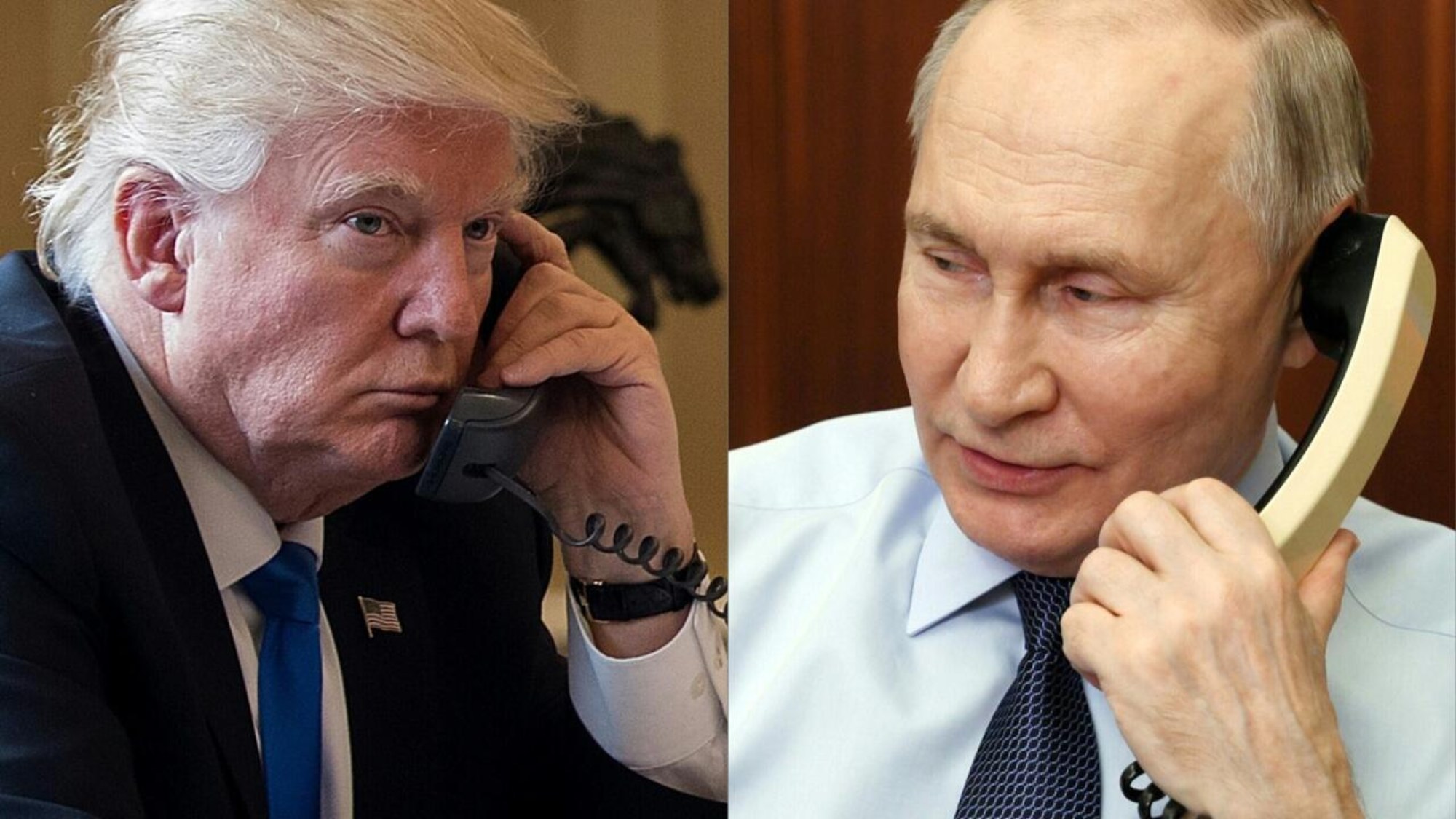South Korea's president has been officially removed from office after the Constitutional Court unanimously upheld his impeachment.
Yoon Suk Yeol was suspended from his duties in December following his impeachment by parliament, after a controversial attempt to impose martial law. The ruling on Friday was met with mixed emotions—tears of both joy and sadness—as Yoon's supporters and critics gathered across Seoul to watch the verdict unfold live.
A snap election to elect Yoon's successor must take place by June 3.
What's Next for South Korea?
After months of uncertainty, South Koreans have finally received the closure they sought. The country can now begin to heal and move forward, with the first step being the election of a new president.
However, the political crisis instigated by Yoon is far from over. Although his attempt to impose martial law only lasted six hours, the political fallout has grown steadily in the months since.
The events of December 3, when Yoon ordered troops to storm parliament, left a lasting mark on the national consciousness. It stirred memories of South Korea's violent, authoritarian past, raising fears that martial law—a relic many thought was behind the country—could once again be wielded by future leaders.
The scars from that night are still fresh, and many remain concerned that such a drastic measure could be revived by ambitious politicians. For most, the court's ruling on Friday brought much-needed relief, as they gathered on the streets of Seoul to celebrate what they saw as a victory for democracy—a victory that, for a time, seemed uncertain.
The Constitutional Court was scathing in its critique of Yoon's authoritarian power grab, with all eight judges voting to remove him. Acting Chief Justice Moon Hyung-bae stated that Yoon’s military takeover was unjustified, noting that it went against the very people he was supposed to protect. He also emphasized that the imposition of martial law violated the people's basic political rights and undermined the rule of law and democracy.
Calls are already growing for constitutional reforms aimed at limiting presidential powers to prevent a repeat of such events. However, these changes would require a future president—likely one from a very patriotic background—to voluntarily relinquish some of their authority.
A Divided South Korea
As Yoon leaves office, he leaves behind not only a fractured nation but one that is more polarized than ever. In the aftermath of his attempted power grab, South Koreans initially united in their outrage at Yoon's actions. Yet, Yoon showed little remorse, doubling down on his actions and continuing to peddle unsubstantiated conspiracy theories.
Yoon claimed that the country’s political system had been infiltrated by North Korean and Chinese spies, accusing his political opponents of being "anti-state forces" who had rigged elections. Over time, his narrative gained traction, and now many of his supporters view him as a political martyr—a victim of an establishment overrun by "communists."
These conspiracy theories have taken hold, fueling far-right extremism. Thousands now regularly protest in the heart of Seoul, claiming that the country’s political institutions and election system are corrupt. These sentiments are far from fringe; over a third of the population now distrusts the Constitutional Court, and a quarter are skeptical of the voting system itself.
In this environment of growing distrust, South Korea is now preparing to head to the polls to select a new leader in the next 60 days. The coming weeks are likely to be fraught with tension and division, and many may be unwilling to accept the outcome of the election. What is clear, however, is that South Korea urgently needs a new president who can unite the country after months of uncertainty and turmoil.
A Looming Challenge
South Korea is also facing significant international challenges. President Trump's 25% tariffs on South Korean steel and cars have already inflicted damage on the economy, and there are concerns that his administration will soon turn its attention to the Korean Peninsula. Trump may seek to extract more concessions from South Korea for its defense and may try to broker a deal with Kim Jong Un, South Korea’s long-time adversary.
Yoon's legal team has accused the court of politicizing the ruling. One of his lawyers, Yoon Gap-geun, expressed regret, claiming that the trial was neither lawful nor fair and that the ruling was a purely political decision.
Despite his legal team's claims, politicians are urging national unity, asking the public to accept the verdict so the country can move forward.
While Yoon’s political party, the People Power Party (PPP), has accepted the ruling, Yoon himself has not. In his statement, Yoon apologized to his supporters for his "shortcomings," but made no mention of the ruling itself. He expressed regret for not living up to the expectations of his supporters, emphasizing that it had been an honor to serve the country.
Yoon is unable to appeal the court's decision, as it was made by the nation's highest court. However, given his repeated vows to fight to the end, it remains to be seen whether he will leave office quietly.
A Turbulent Path to Impeachment
Yoon’s downfall began with his unprecedented televised announcement on December 3, when he declared martial law to protect the country from "anti-state" forces sympathetic to North Korea. At the time, he was embroiled in a budget dispute, facing corruption allegations, and several members of his cabinet were under investigation.
Within hours, 190 lawmakers—including members of Yoon’s own party—voted to overturn his declaration. On December 14, he was impeached by parliament and suspended from office.
Yoon is also facing charges of insurrection, making him the first sitting South Korean president to be arrested and charged with a crime. He is currently out on bail and awaiting trial.
Yoon is not the only South Korean leader to face impeachment in recent years. In 2017, former president Park Geun-hye was removed from office over her involvement in a corruption scandal linked to a close associate.
Now, South Korea looks ahead, with much at stake as the nation seeks a new leader and a way to move past this tumultuous period.









.jpg)